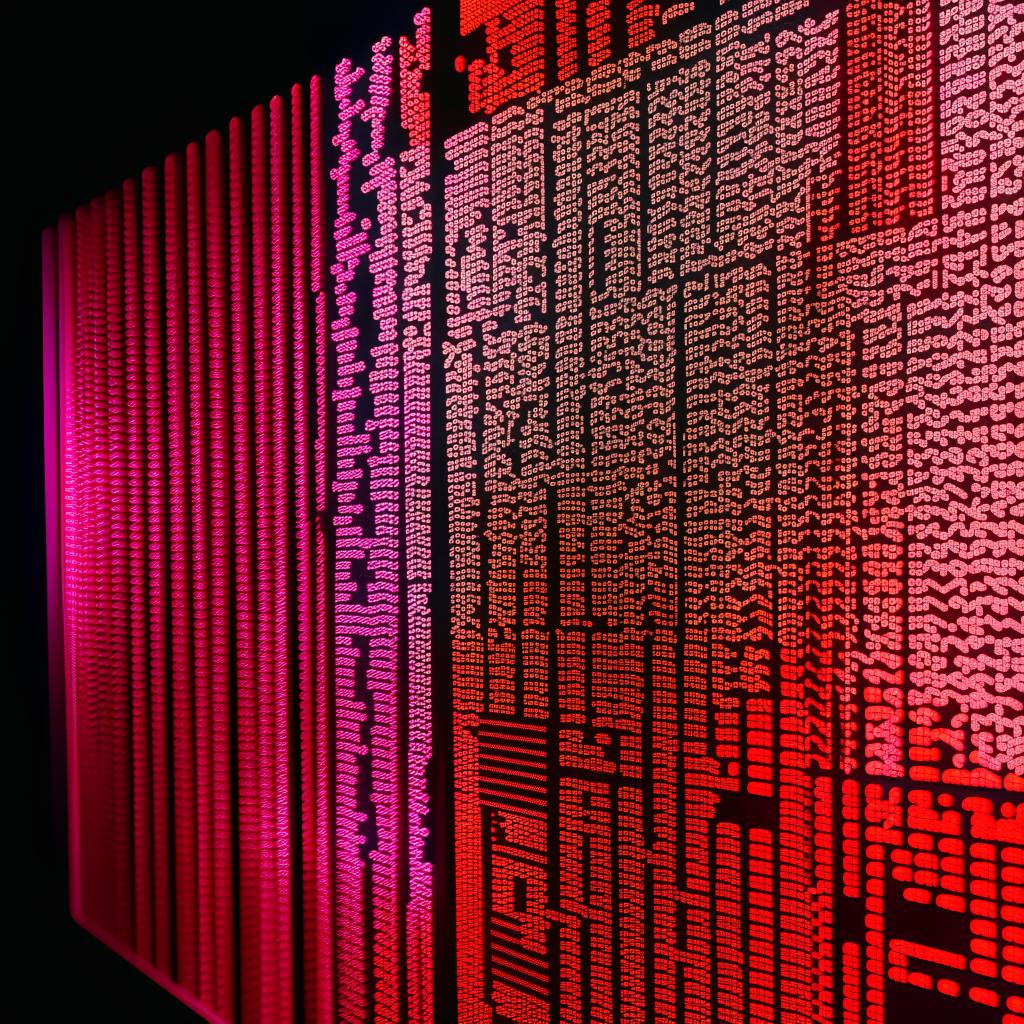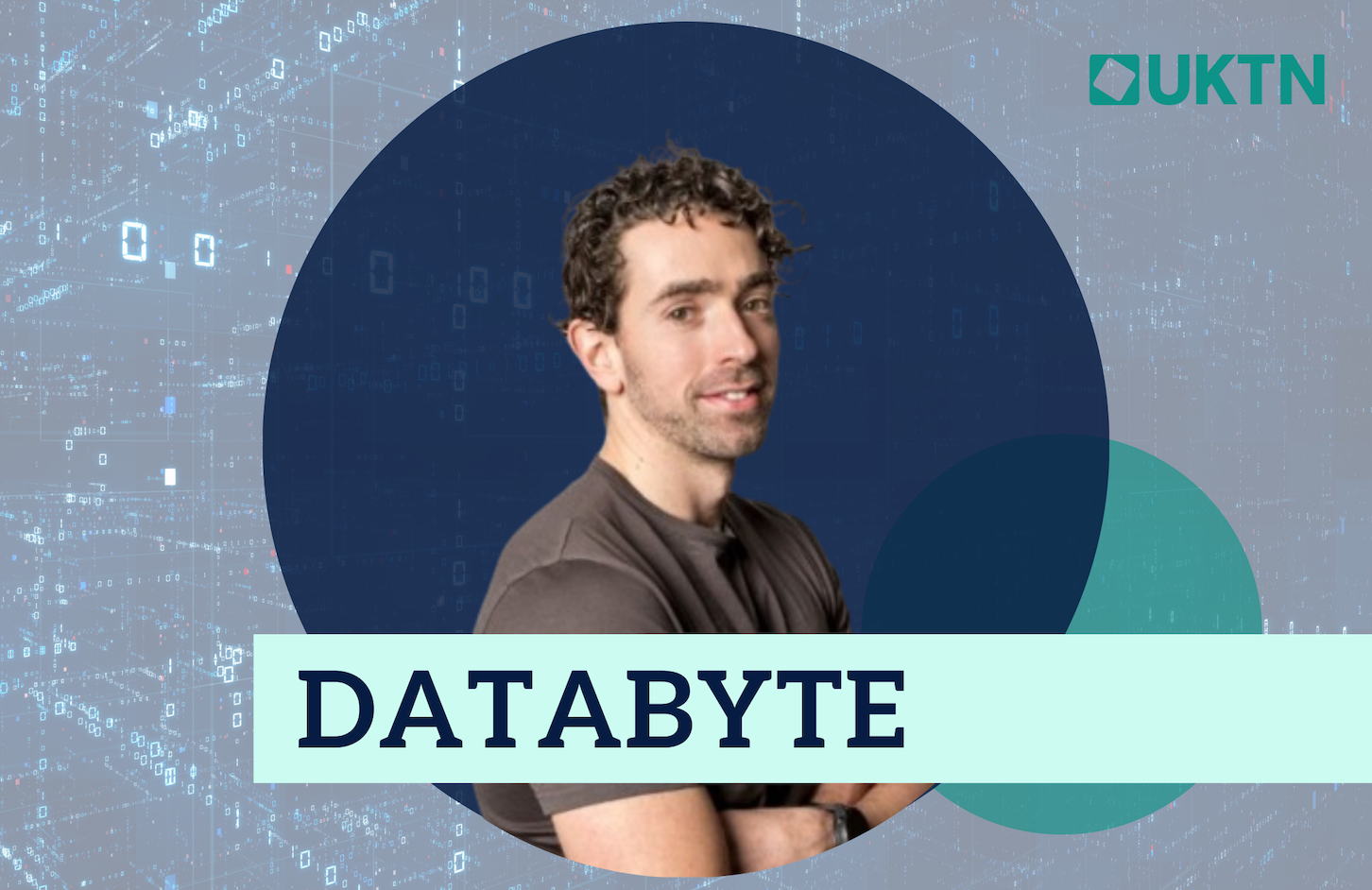Using genAI software like ChatGPT for school makes perfect sense, considering how sophisticated the software has become. It’s not about cheating on exams or having the AI do your homework, though some people will use it that way. It’s about having an AI tutor that understands natural language and can guide you while you learn.
It’s like taking your professors home with you to explain the topics you’re still struggling with. Combined with human teachers, AI tools can make a real difference in education.
OpenAI is already working on a ChatGPT Study Together model that will act as an AI tutor, but you don’t have to wait for that product to launch. Anthropic is already ahead, having released a Claude for Education product back in April.
The AI firm is now ready to give Claude for Education a major upgrade. Anthropic on Wednesday announced new tools for Claude that let the AI access school courses and materials more easily, along with new university partnerships that will bring Claude to even more students.
Canvas, Panopto, and Wiley support
The current Learning Mode experience in Claude for Education involves turning the AI into a teacher-like persona. Instead of providing direct answers or solutions, Claude uses Socratic questioning to help students find the answers on their own.
“How would you approach this problem?” or “What evidence supports your conclusions?” are examples of questions Claude will ask in this mode.
The July update will let users give Claude more context by connecting it to three student-friendly data sources: Canvas, Panopto, and Wiley.
Claude will use MCP servers to gather information from Panopto, and Wiley. Panopto offers lecture transcripts. Wiley provides access to peer-reviewed content that can support learning with Claude.
Canvas contains course materials. Claude will also support Canvas LTI (Learning Tools Interoperability), letting students use the AI directly within their Canvas courses.
New partnerships
Anthropic also announced two new partnerships with “forward-thinking institutions” that want to give students access to AI tools built for education. These schools are the University of San Francisco School of Law and Northumbria University.
The former is especially notable in a world where some lawyers have used AI in legal matters, only for it to fumble legal citations. Future lawyers need to learn how AI can be used effectively and where its limits are.
Dean Johanna Kalb explained how Claude will be used at the University of San Francisco School of Law to actually help students:
We’re excited to introduce students to the practical use of LLMs in litigation. One way we’re doing this is through our Evidence course, where this fall, students will gain direct experience applying LLMs to analyze claims and defenses, map evidence to elements of each cause of action, identify evidentiary gaps to inform discovery, and develop strategies for admission and exclusion of evidence at trial.
That’s certainly better than having genAI write your legal documents and risk hallucinating key details.
Finally, Anthropic is expanding its student ambassadors program, giving more passionate students the chance to contribute to the Claude community. Claude Builder Clubs will launch on campuses around the world, offering hackathons, workshops, and demo nights for students interested in AI.










